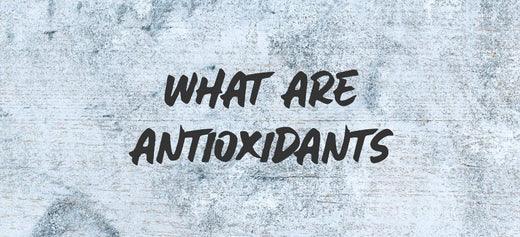The Health Benefits of Eating Sprouts and the Role of Antioxidants
We often hear about antioxidants being good for our health, but what exactly are they, why do we need them, and where can we get them? Let’s break it down.
What are Antioxidants?
Antioxidants are natural molecules that play a key role in protecting our bodies from damage caused by free radicals. Free radicals are unstable molecules that can cause significant harm to our cells and tissues if left unchecked. Antioxidants work by neutralizing these free radicals, donating electrons to stabilize them, and preventing them from triggering a harmful chain reaction in our bodies.
Our bodies produce some antioxidants on their own, but we also rely on foods to get the antioxidants we need to stay healthy. The best sources of antioxidants include fruits, vegetables, nuts, grains, and even certain sprouts like broccoli sprouts, alfalfa sprouts, and radish sprouts. Sprouts, in particular, are an excellent source of antioxidants, making them a fantastic addition to a healthy diet.
Free Radicals: The Bad Guys
Free radicals are like rogue molecules in our system. They have an unpaired electron in their molecular structure, which makes them unstable. To stabilize themselves, they "steal" electrons from nearby molecules, damaging cell membranes, proteins, and even DNA. This process is known as oxidative stress and is thought to contribute to aging and the development of various diseases, including heart disease, cancer, and neurodegenerative conditions like Alzheimer's.
Free radicals can be created naturally during the body’s essential metabolic processes, such as breathing, eating, and physical activity. Sometimes, your immune system also creates free radicals to fight off harmful invaders like viruses and bacteria. However, in today's environment, free radicals are produced in even greater numbers due to factors like pollution, radiation, pesticides, and excessive sun exposure.
How Antioxidants Protect the Body
Antioxidants are like the body’s internal defense system, helping to keep us from "rusting" from the inside out. As free radicals attack healthy cells, antioxidants swoop in to neutralize them before they can cause damage. Without antioxidants, the continuous attack of free radicals could lead to chronic inflammation, cellular aging, and the breakdown of healthy tissues.
The more antioxidants we consume through our diet, the better equipped our bodies are to combat oxidative stress and prevent the damage that free radicals can cause. This is why a diet rich in antioxidant-packed foods, like broccoli sprouts, alfalfa sprouts, and radish sprouts, is essential for long-term health.
Conclusion
Incorporating antioxidant-rich foods like sprouts into your diet is a simple yet powerful way to support your body's defense against oxidative stress and the damage caused by free radicals. By protecting your cells and tissues, antioxidants help maintain your health and vitality, slowing down the aging process and reducing the risk of chronic diseases. So next time you're looking for a nutrient-packed food, don’t forget the power of sprouts—your body will thank you!

